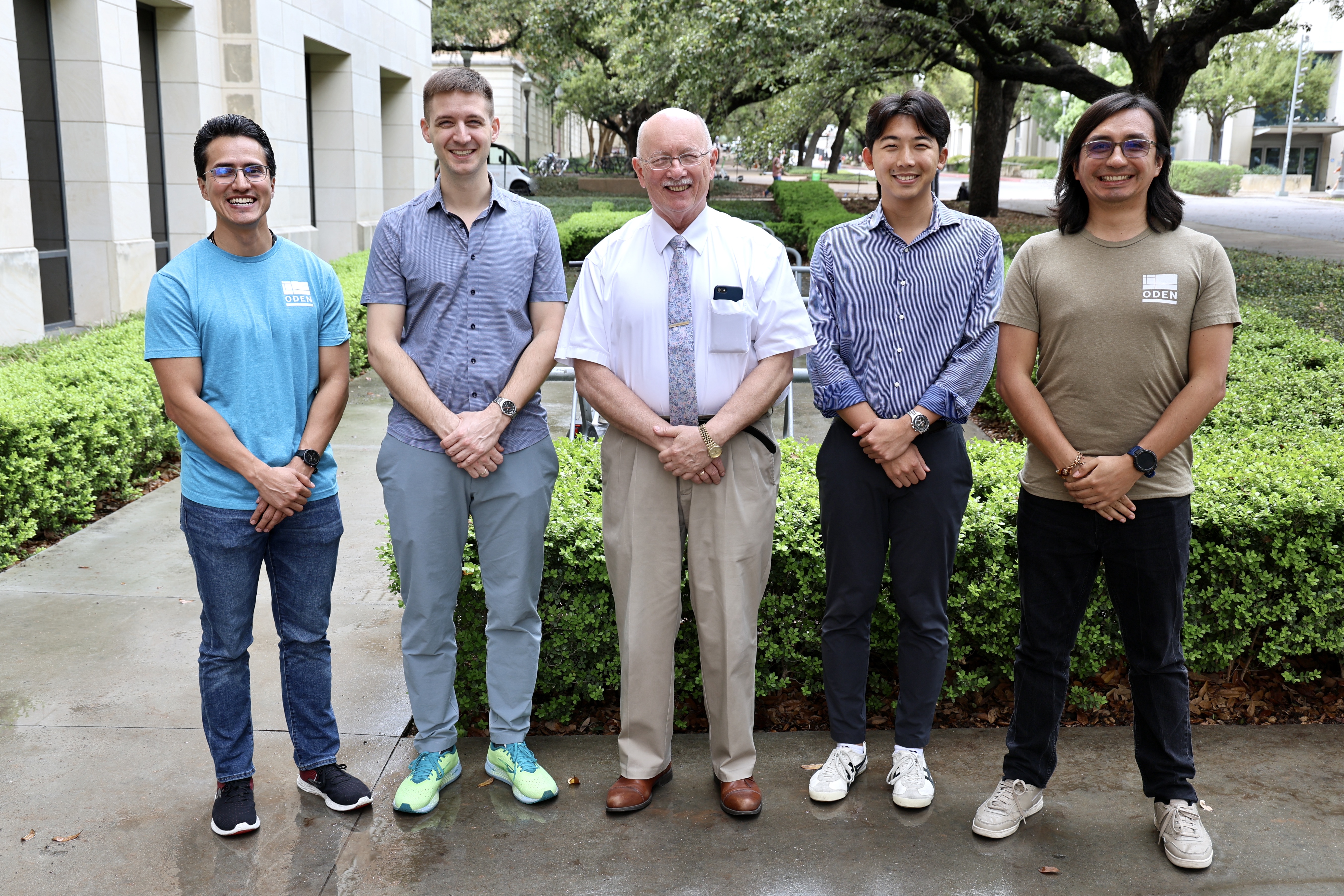
The Electromagnetics and Acoustics Group (EAG) focuses on advancing computational methods that enable simulation-based analysis, understanding, design, and optimization of systems that rely on electromagnetic, acoustic, and elestodynamic physical phenomena.
The group pursues the development of:
The group is particularly interested in using modern and future computers to accurately, efficiently, and rapidly solve complex radiation, wave propagation, absorption, and scattering problems. A diverse set of natural phenomena and engineering problems benefit from and motivate the group's efforts, including:
Directors
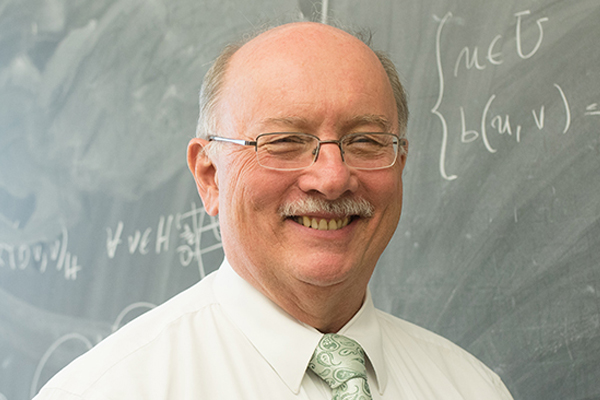
Faculty and Research Staff
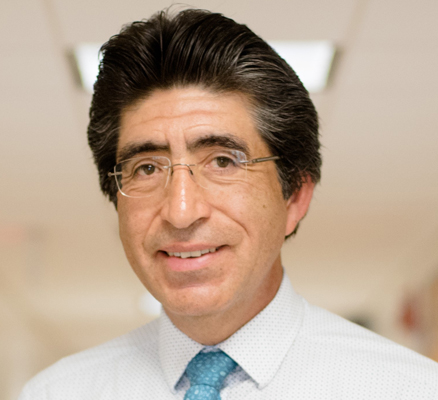
Students
Staff
Members outside the Oden Institute
Judit Munoz Matute
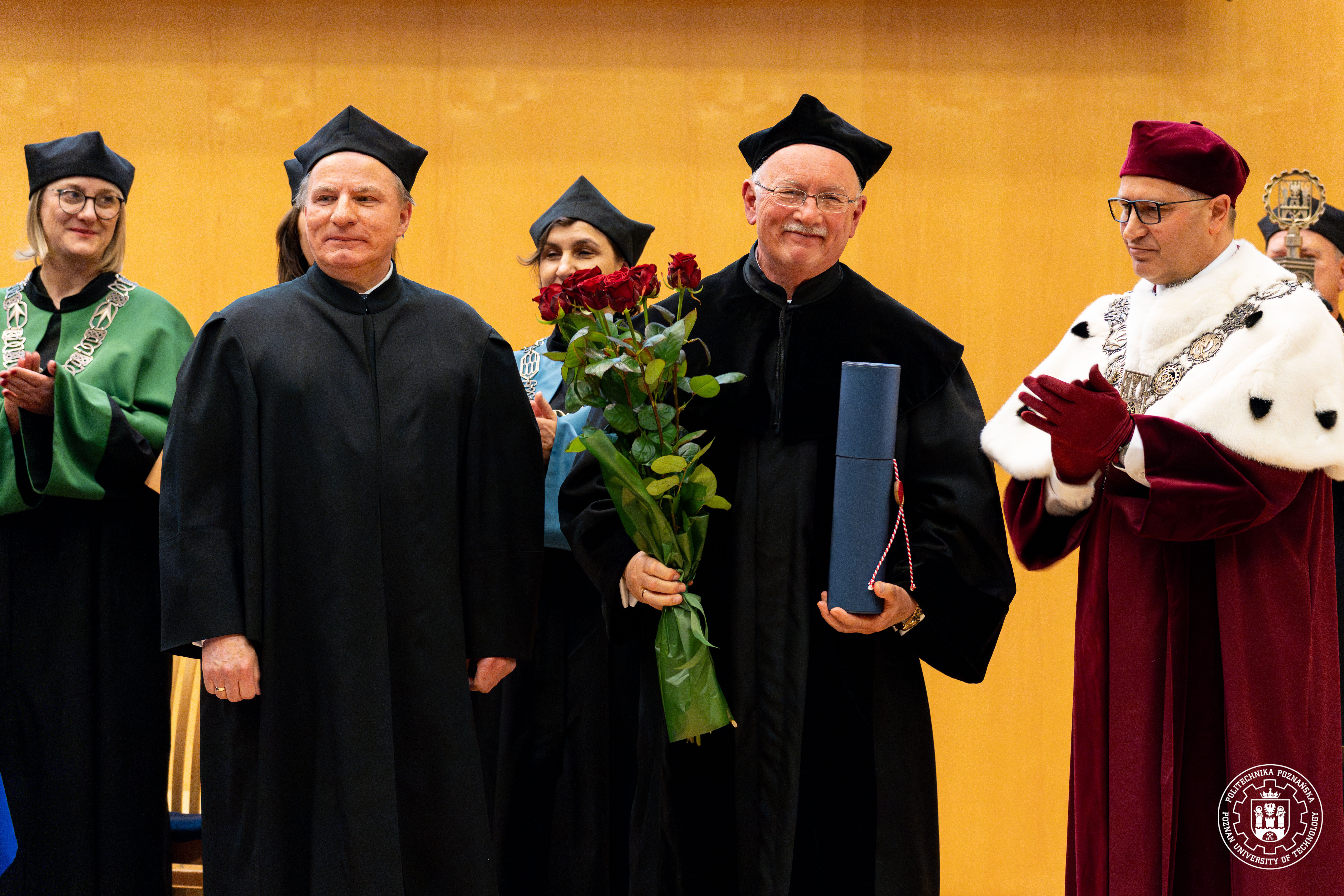
News
May 9, 2025
Leszek Demkowicz received the honorary doctorate for his innovative methods in the field of computational mechanics and mathematics.
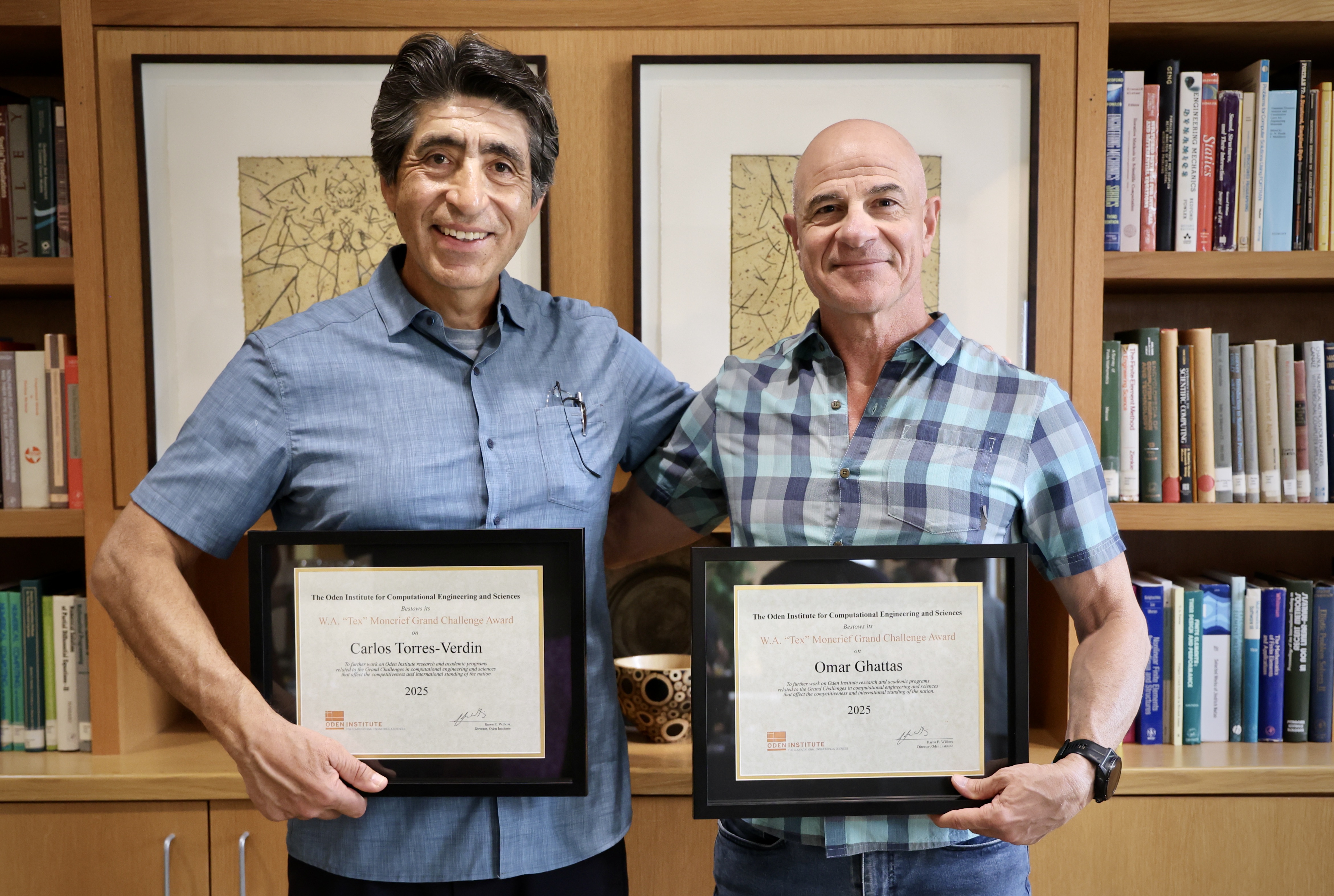
News
April 22, 2025
Recipients of the Grand Challenge Award will tackle problems ranging from propagation source inversion problems to designing inversion algorithms for reactive subsurface well placement.
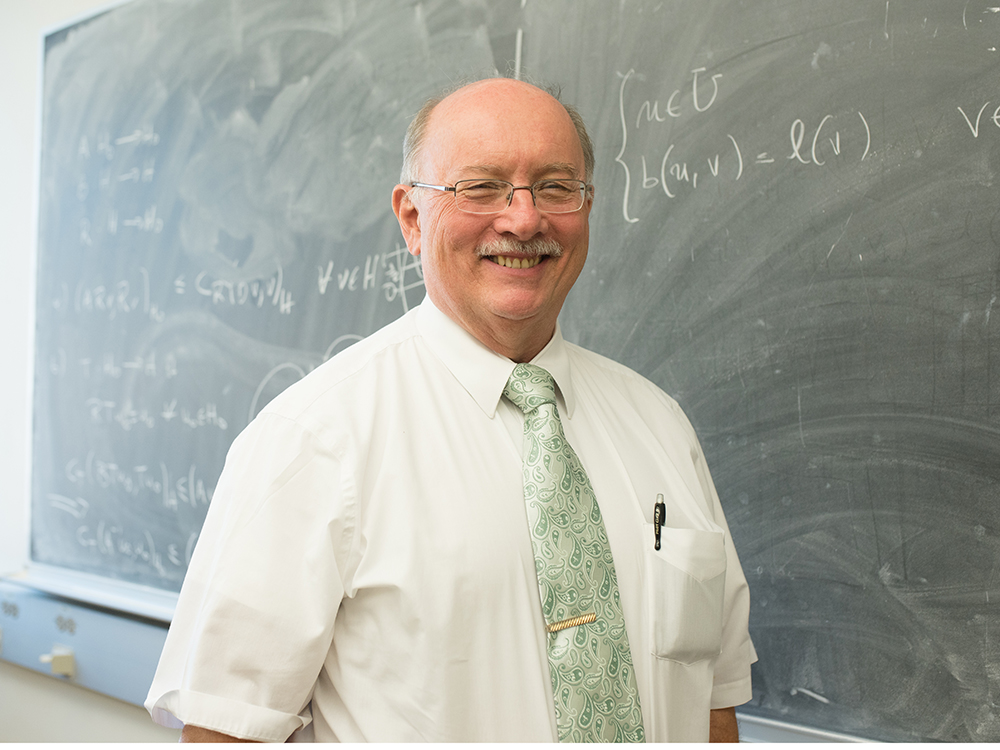
Feature
Jan. 24, 2025
Leszek Demkowicz – Principal Faculty at the Oden Institute and expert in theoretical and applied mathematics – reflects on his career as he steps into phased retirement.